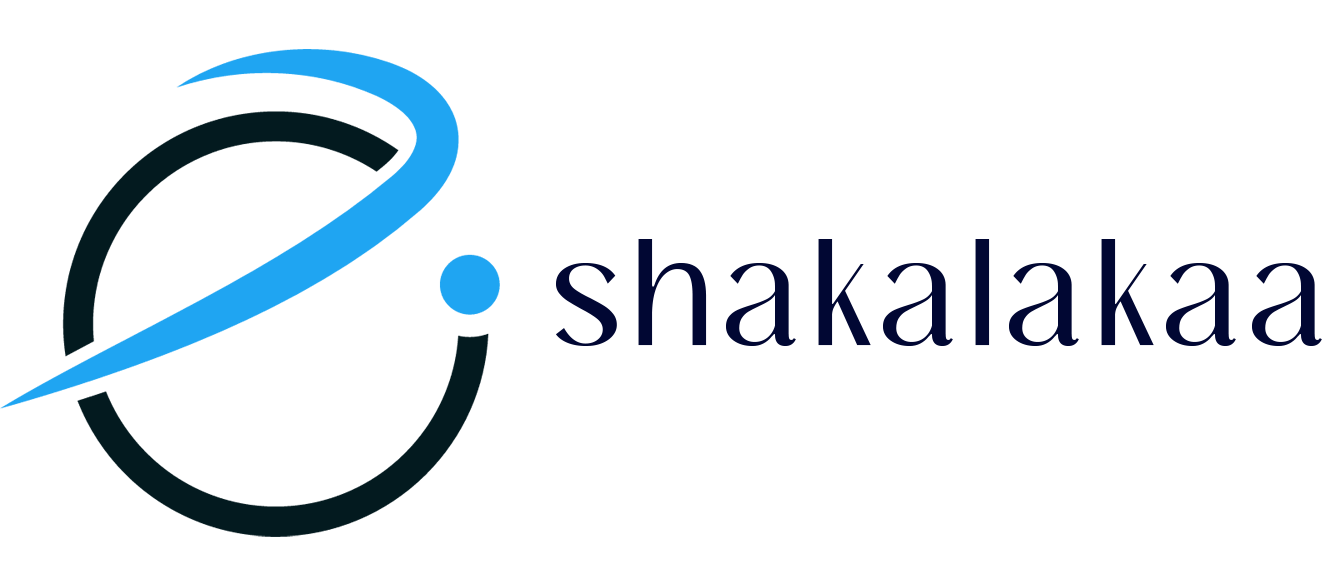In the digital age, maintaining an online presence is crucial for businesses and individuals alike. However, with this visibility comes the challenge of dealing with negative comments and trolls. While it’s tempting to ignore or delete these comments, addressing them effectively can enhance your reputation and foster a positive community. Here’s a comprehensive guide on how to handle negative comments and trolls on Facebook.
1. Stay Calm and Don’t Take It Personally
The first rule in dealing with negative comments is to remain calm. Negative feedback can sting, especially if it’s personal or unfair. However, it’s important not to react impulsively. Take a deep breath, step back, and assess the situation objectively. Remember, your response represents your brand or personal image.
2. Assess the Nature of the Comment
Before responding, determine whether the comment is constructive criticism, a genuine concern, or simply a troll looking for attention. Constructive criticism, even if harsh, can provide valuable insights and opportunities for improvement. Genuine concerns from customers should be addressed promptly and professionally. Trolls, on the other hand, often have no real interest in constructive dialogue.
3. Respond Professionally and Politely
For constructive criticism and genuine concerns, respond professionally and politely. Acknowledge the commenter’s feelings, provide a thoughtful response, and offer a solution if possible. This shows that you value feedback and are committed to improving your products or services.
Example: “Thank you for your feedback. We’re sorry to hear about your experience and appreciate you bringing this to our attention. We’ll look into this issue immediately and work on improving our service.”
4. Don’t Feed the Trolls
Trolls thrive on attention and conflict. Engaging with them can escalate the situation and draw more negative attention to your page. Instead, consider using the following strategies:
- Ignore: Sometimes, the best response is no response. Trolls often lose interest when they don’t get the reaction they’re seeking.
- Hide Comments: Facebook allows you to hide individual comments. This way, the comment remains visible to the troll but is hidden from everyone else.
- Ban Users: If a troll repeatedly disrupts your page, consider banning them. This should be a last resort but is sometimes necessary to maintain a positive environment.
5. Monitor and Moderate Comments Regularly
Regular monitoring and moderation of comments can help you stay on top of negative feedback and trolls. Set up notifications for new comments and check your page frequently. This allows you to respond promptly and prevents negative comments from spiraling out of control.
6. Encourage Positive Engagement
Encouraging positive engagement can help drown out negative comments and create a supportive community. Ask your followers for their opinions, share positive stories, and highlight customer successes. The more positive content you have, the less impact negative comments will have.
7. Learn from Negative Feedback
Not all negative comments are bad. They can provide valuable insights into areas where you can improve. Analyze the feedback you receive, look for common themes, and use this information to make positive changes to your products or services.
8. Have a Plan in Place
Having a plan for handling negative comments and trolls can make the process smoother and less stressful. Establish guidelines for responding to different types of comments, designate team members responsible for moderation, and ensure everyone understands the protocol.
Conclusion
Handling negative comments and trolls on Facebook is a challenging but essential part of maintaining a positive online presence. By staying calm, responding professionally, and fostering positive engagement, you can turn negative interactions into opportunities for growth and improvement. Remember, every comment is a chance to demonstrate your commitment to your community and enhance your reputation. Contact us for a free consultation now!

